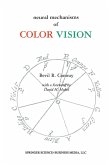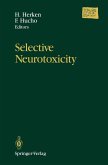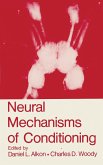When first introduced, antisense oligonucleotides were hailed as the long awaited magic bullet that would provide an unprecedented level of specificity in controlling gene expression. Following this initial enthusiasm, antisense oligonucleotides have been maligned as nonspecific, toxic, and essentially useless. However, application of antisense oligonucleotide technology in the nervous system stands apart from the use of this technique in peripheral systems, largely because of its enormous success. The source of this success remains a matter of some controversy.
Modulating Gene Expression by Antisense Oligonucleotides to Understand Neural Functioning addresses the origins of that controversy and determines whether the nervous system is a privileged site for antisense oligonucleotide action and not subject to the same vagaries and pitfalls as non-neuronal systems.
Modulating Gene Expression by Antisense Oligonucleotides to Understand Neural Functioning contains chapters by experts in the field that focus on the use of this technique in a variety of behavioral systems, as well as rapid and nonspecific effects and the uptake and metabolism of antisense oligonucleotides by the nervous system.
Modulating Gene Expression by Antisense Oligonucleotides to Understand Neural Functioning features:
- experts in the field reporting on the use of antisense oligonucleotide technology in a variety of behavioral systems, including pain control, circadian rhythms, ingestion and control of water balance, and reproductive behaviors;
- the novel use of plasmids to express antisense RNA in the nervous system;
- the biodistribution and metabolism of antisense oligonucleotides in the nervous system;
- rapid and unusual effects; and
- non-specific effects.
Dieser Download kann aus rechtlichen Gründen nur mit Rechnungsadresse in A, B, BG, CY, CZ, D, DK, EW, E, FIN, F, GR, HR, H, IRL, I, LT, L, LR, M, NL, PL, P, R, S, SLO, SK ausgeliefert werden.









